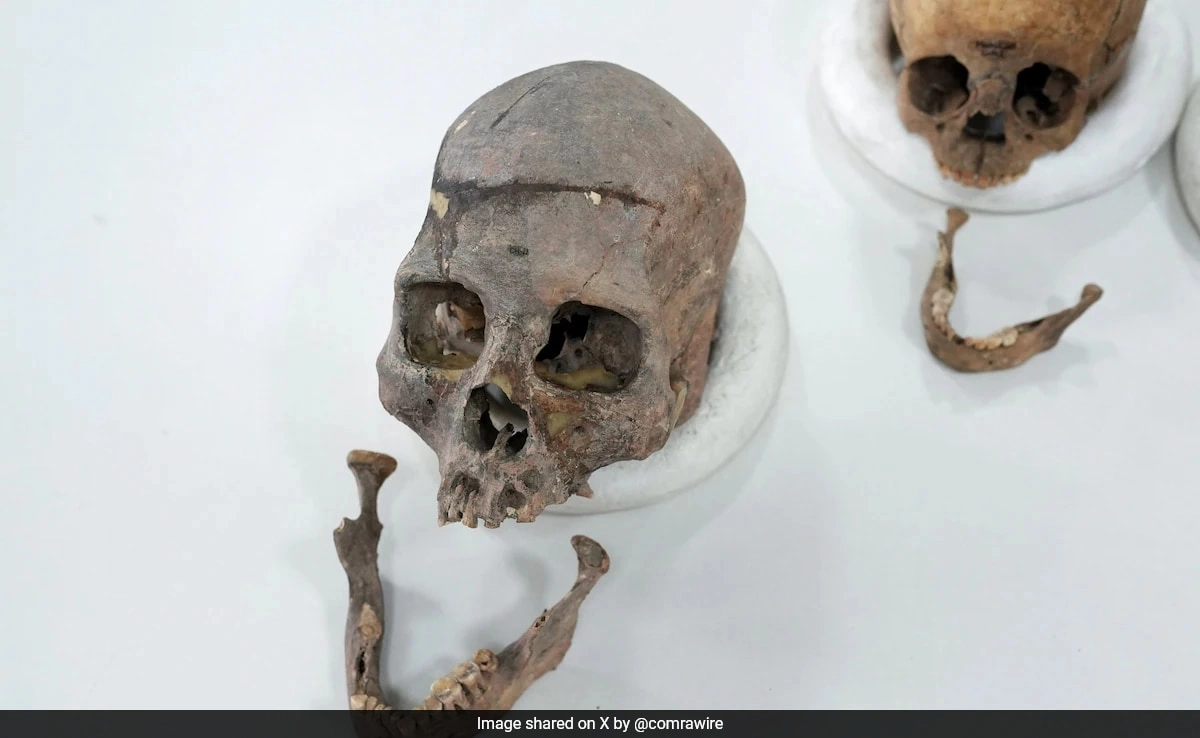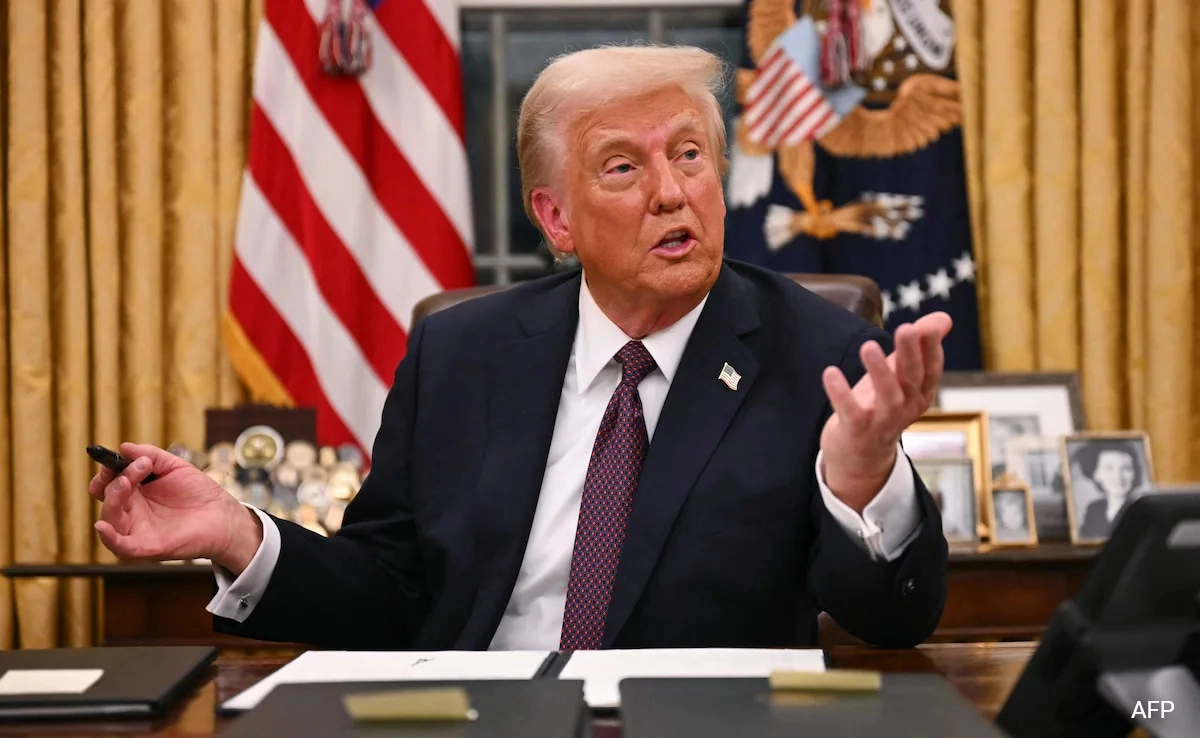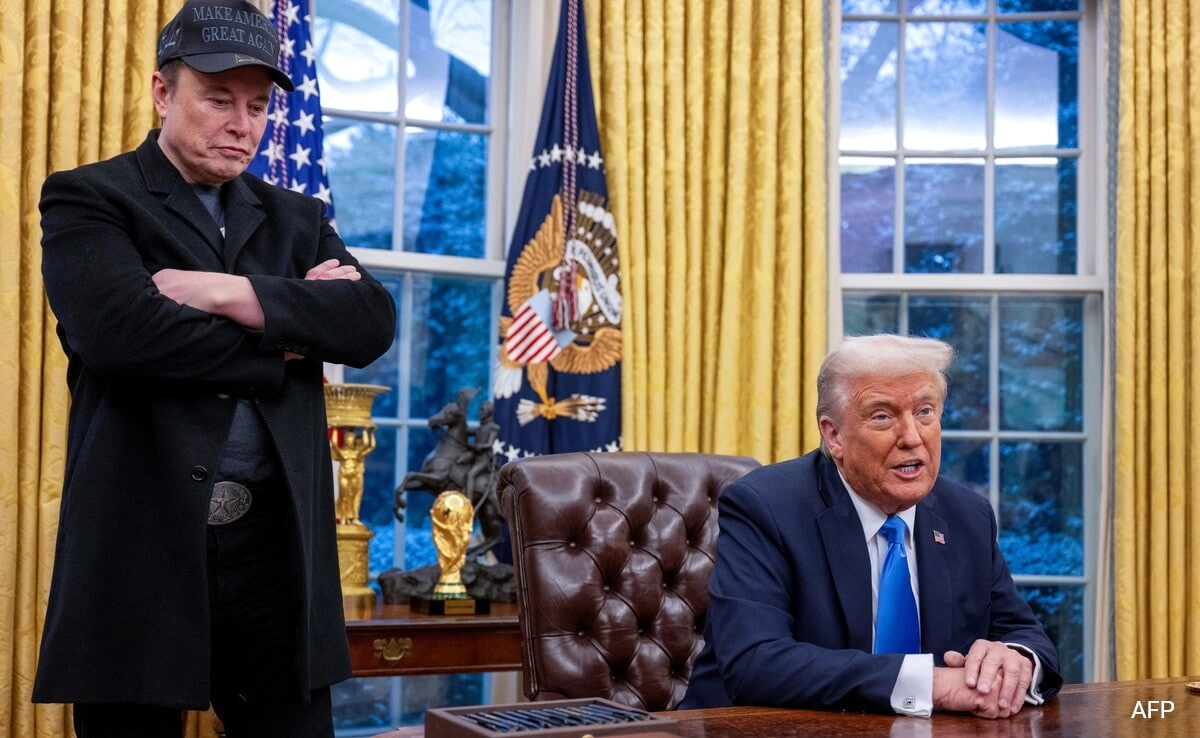In a historical event that echoes through time, the story of the beheading of an African king by French colonial forces over a century ago has resurfaced, bringing with it the poignant journey of his skull back to its homeland. This king, who once ruled with authority and dignity, was subjected to the brutal realities of colonialism, a grim chapter in which European powers asserted dominance over African territories and their leaders. The act of beheading, a symbol of disrespect and dehumanization, was not merely an execution; it was an affront to the cultural and spiritual heritage of his people. The king’s remains were taken to France, where they became part of a collection that exemplified the colonial mindset, treating the bodies of colonized individuals as mere artifacts rather than recognizing their humanity and significance.
As discussions around repatriation of cultural artifacts gain momentum globally, the return of the king’s skull is a powerful statement about acknowledging historical injustices and restoring dignity to those who have been wronged. In recent years, various countries have called for the return of their cultural heritage, which was often looted or acquired under dubious circumstances during the colonial era. The journey of the king’s skull back to Africa symbolizes not just the restitution of a physical object, but also the reclamation of identity and history. It serves as a reminder of the resilience of African nations and their ongoing struggle to reclaim their narratives from the shadows of colonial rule.
The return of the skull is anticipated to generate significant emotional and cultural resonance within the community that once revered the king. It is an opportunity for reflection and healing, allowing descendants to connect with their past and honor their heritage. Events surrounding the repatriation are likely to foster discussions on broader themes of justice, reconciliation, and the importance of recognizing the wrongs of the past. This act of returning the king’s remains is not an isolated incident but part of a larger movement to address historical grievances and promote healing in societies still grappling with the legacies of colonialism. As the skull makes its way home, it carries with it the hopes of many who seek to restore the dignity and respect that was stripped away in the name of colonial power.




